Does a Lease Violation Go on Your Record Near Philadelphia, PA?
Lease violations will only appear on an individual’s civil court records, not their criminal record.
 Written by Background Check Repair
Written by Background Check Repair
Criminal Records | April 29, 2024
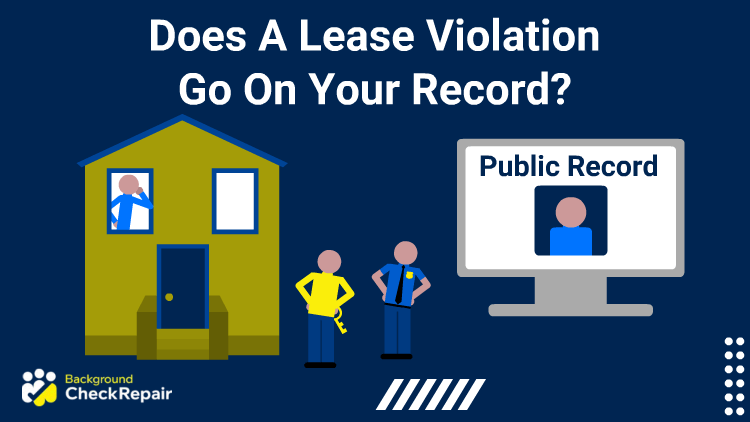
Table of Contents
With more and more landlords performing background checks on potential tenants, many people looking for a new place wonder, does a lease violation go on your record?
The key is understanding how the broken lease rule works… and knowing how to conduct a background check on yourself.
Doing that is easy. Simply enter your name in the search records tool to see if a lease violation shows up on public records.
To find out if a new landlord will learn about lease violations, the following guide explains everything about when does a lease violation go on your record, and what you can do to erase it so that your next rental application won’t fail.
Most individuals who ask, does a lease violation go on your record, are referring to the record that landlords check during a typical background check for prospective tenants. Although most people are fairly familiar with the checks that are performed as part of a pre-employment background check, not as many people will be familiar with the kind of checks performed when applying for a lease.
One of the more unique checks that landlords perform is checks of public records. While many people will be familiar with the criminal history checks performed by employers, these will be slightly different, although landlords will also perform criminal history checks.
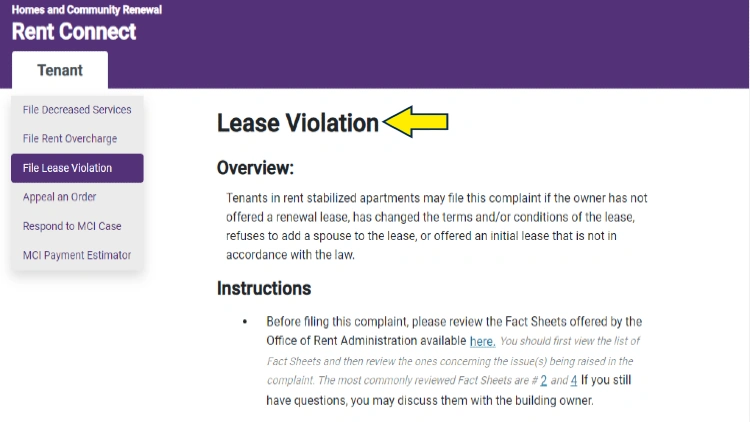
Lease violations vary among rental owners and companies, so it’s important to note any and all violations listed in the lease to ensure that you don’t violate them.
A public records check focuses on all public records that are related to the individual, rather than just the records that are filed in criminal court. The reason that these records are explicitly searched is that much of the information that is relevant to landlords are actually found in civil court records rather than criminal.
When someone commits a lease violation, damages rental property, or stops paying their rent, a landlord will sue the individual in civil court if more aggressive steps need to be taken. This is mostly used for serious matters such as individuals who are months behind on rent and refusing to vacate the rental property, making an official eviction necessary, or extensive damage to the property that the individual refuses to pay which might require the landlord to sue for the damages.
Regardless of the reason, if a landlord files a civil suit against a tenant such as a lease violation, there will be an official record of this in the civil courts that future landlords will have access to. However, lesser lease violations that were worked out directly with the landlord such as paying for the damages without the courts being involved, will not appear on the individual’s record.
Individuals who have been sued in civil court over a lease violation will likely be concerned with the long term effects of this information and will be wondering: How long does a broken lease stay on your record?
How long a civil case will remain on an individual’s record will depend on state laws as well as the details of the civil suit. Oftentimes when landlords file a civil suit it is simply to force the hand of the tenant and get them to pay what they owe, such as damages or unpaid rent. In many cases individuals may be able to work out an agreement with the landlord to pay for the damages and in return the landlord may simply drop the civil suit.
Another possibility is that the landlord will not drop the civil suit, but will allow for the record of the suit to be sealed. Although getting the suit dropped entirely is the better option as far the individual’s record is concerned, sealing the record will at least hide it from public view, making it invisible to future landlords that are performing background checks.
Besides lease violations and records involving civil suits from past landlords, many individuals will also be concerned about the criminal history check and will want to know: Can a criminal record stop you from getting an apartment?
A criminal record can prevent an individual from looking for an apartment. Although most landlords are less strict than the average employer when it comes to denying individuals based on what is found on their criminal history, this is still something that is heavily considered and a check that is almost always performed.
What kind of information is considered a disqualifier for a tenant background check will vary greatly from apartment to apartment. However, most of the major leasing companies will be looking for the following information when the criminal history check is performed.
Although these are not the only crimes they are looking for and these crimes won’t necessarily disqualify an individual from renting an apartment, they are sure to raise red flags with most landlords.
Just like a pre-employment background check, tenant background checks are performed to minimize potential liabilities. This means that landlords tend to check some of the same databases as employers but are simply interested in different information.
However, when it comes to what can disqualify you from renting an apartment, the disqualifiers are fairly different from employment disqualifiers.
One of the few automatic disqualifiers when it comes to apartment background checks is the credit history check that is performed during the background check.1 The credit check will examine the financial liability the person poses based on their income, outstanding debts and if they are delinquent on any accounts. This can also be another place that landlords can check for eviction related information as the eviction will likely show up as a delinquent account, especially if the individual was evicted in the last year.
Any concerning information found on the credit check is likely to result in disqualification from the rental property. This can be something as simple as the individual’s income being too low, evictions on their record, or other concerning information regarding debt. However, when it comes to financial information there are usually ways to get exceptions made such as paying several months rent up front or adding a cosigner to the lease that has a better credit situation.
Besides financial related issues, anything found in civil and criminal court records can also play a part in the landlord’s decision. Most notably, violent crimes and crimes against children will pose a risk to the other tenants and property crimes may be seen as a risk to the property itself.
Individuals with criminal records are understandably concerned about the apartment opportunities available to them. Some of these individuals will be wondering: can an apartment reject you for misdemeanors?
Although it is fairly unlikely, an apartment can reject an individual for just about any criminal history information if they choose to. However, most misdemeanors will not be seen as a red flag to most landlords. Generally, they will be interested in more serious crimes that pose a risk to the safety of the other tenants or information that indicates the individual may be a risk to the property itself.
Individuals with criminal records might find themselves wondering if there are any ‘no criminal background check apartments near me.’ These days, finding an landlord that doesn’t perform any kind of criminal background check is extremely rare. Background checks are easier to perform, faster, and cheaper than ever so many landlords have little reason not to perform these checks.
However, background checks are not required by law and some landlords will choose simply not to perform checks on applicants, but it can be difficult to find these landlords. The most reliable way to find these landlords is to look for apartments owned by private landlords, rather than large leasing companies.
Leasing companies tend to have strict policies regarding background checks and what they consider to be a disqualifier, and in most cases, exceptions will not be made. On the other hand, private landlords are often more interested in meeting the potential tenant rather than the information found on background checks.
When it comes to how many years can a landlord go back on a background check, it will largely depend on the state laws. Most states have no limit on what’s the duration covered in background checks and rely only on the FCRA, so information that’s 15 years or older can appear on checks in these states.2 However there are some states that practice the 7-year rule in which background check information older than 7 years, or 10 in some cases, can not be reported on a background check.
Individuals who have violated their lease will probably be concerned about how it will affect future rental applications and will be wondering what happens if you get a lease violation. Lease violations will only have long term effects if the matter ends up in civil court where there will now be a record of the issue which can be viewed by future landlords.
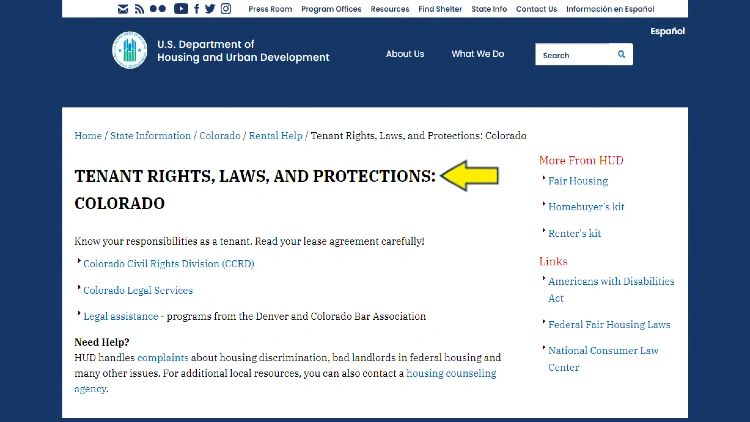
Tenants rights, laws, and protections are dictated by the federal government, but each state also has its own provisions for renters.
If the matter does not end up in civil court then the lease violation will need to be resolved between the landlord and the tenant.3
Many individuals will be surprised that the answer to: How many lease violations can you get before eviction? is just one. Any lease violation can technically be cause for a landlord to ask individuals to vacate the premises. However, most landlords will give several warnings unless the violation was especially serious.
When it comes to do lease violations go on your record, most violations will not show up on any kind of record. The only time a violation would show up on a record is if the landlord filed a civil suit or if criminal charges are brought against the individual.
Lease agreements can be fairly confusing at times and being aware of some common lease violation examples can help some individuals get a better understanding of the matter. Some of the most common lease violation examples include:
Each lease agreement is unique and should be read carefully to avoid violation of any terms of the agreement.
Some individuals may have received a letter in the mail regarding a lease violation and may be wondering what is a lease violation and if it has any legal basis. In most states lease violation notices are required before a landlord can file to have a tenant evicted. This is to give the tenant time to rectify any violations or pay rent that they owe before the eviction process begins.
After receiving a lease violation notice the first thing many people will want to know is how to respond to a lease violation notice.
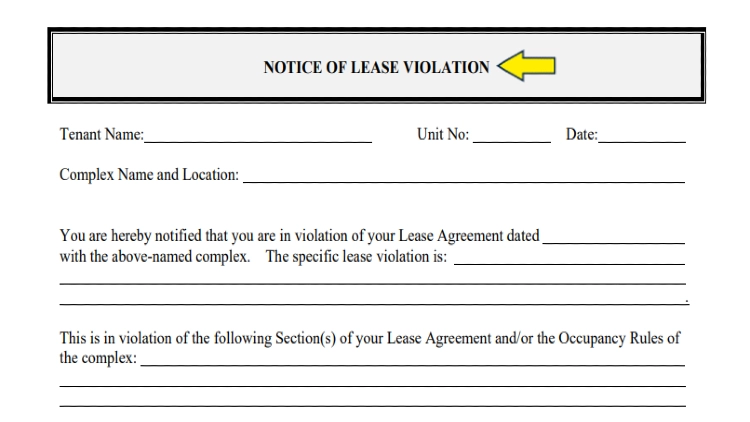
Notice of lease violation forms are usually required to have specific parts, including the exact term that was violated, and these forms must be delivered to the person who holds the lease.
The best thing to do is to respond with a formal letter about the lease violation, outlining how the violation was not committed (if this is the case) Seeking legal advice can also be a good idea in this situation as a lawyer can better explain the way local tenant laws work.4
Many individuals facing eviction may be wondering can a landlord evict you without going to court? The answer is no, a court order is required for a landlord to evict an individual. If a landlord claims otherwise this is not true and individuals should speak to a lawyer as soon as possible.
Some individuals may be wondering what is a notice to quit by landlord after receiving one in the mail.
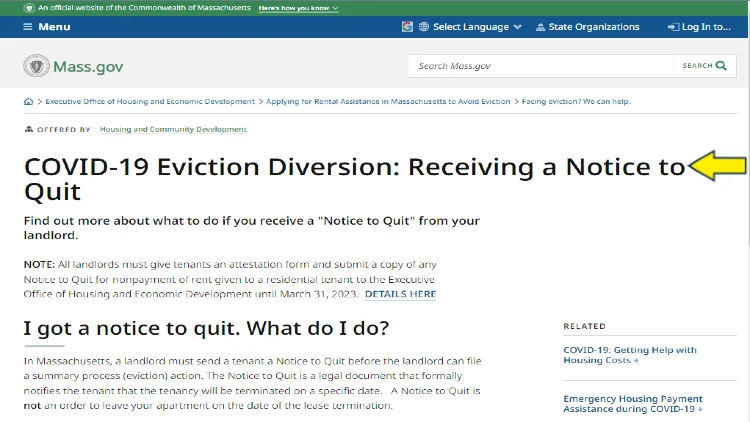
When given an evictions notice by your landlord, investigate tenant’s rights for your specific state to learn the time frames involved.
A notice to quit is an official letter from a landlord that requests a tenant vacate a property. This is another important step in the eviction process.
Some individuals will be worried about their upcoming check and will want to know what does a rental background screening disclose? A rental background check will contain the following information at a minimum:
After getting evicted from an apartment, one of the most common questions individuals have is does an eviction show up in your records? Evictions will appear on an individual’s public records in the form of civil court records but not on an individual’s criminal record.
Those wondering about the ways to ensure approval on an apartment background check may be disappointed to find that there is not much that individuals can do that will change the outcome of the check. Issues such as the individual’s credit history or criminal history are not things that can be easily or quickly changed.
Individuals should first perform a background check on themselves to see what kind of information comes up. This is especially useful for individuals wondering: Does a lease violation go on your record? As any lease violations will be present on the check and the individual can know for sure.
Background checks can be performed in a variety of different ways such as getting a federal background check on yourself through the FBI.5 However, the easiest method will be to use the search bar at the top of this page to perform a free public records search on yourself.
When it comes to what’s the average timeframe for an apartment background check, the typical timeline will be less than two weeks and usually closer to 3-5 days. Since checks are performed online they can be completed fairly quickly.
Undergoing a tenant background check procedure incorporating SSN validation is extremely common.
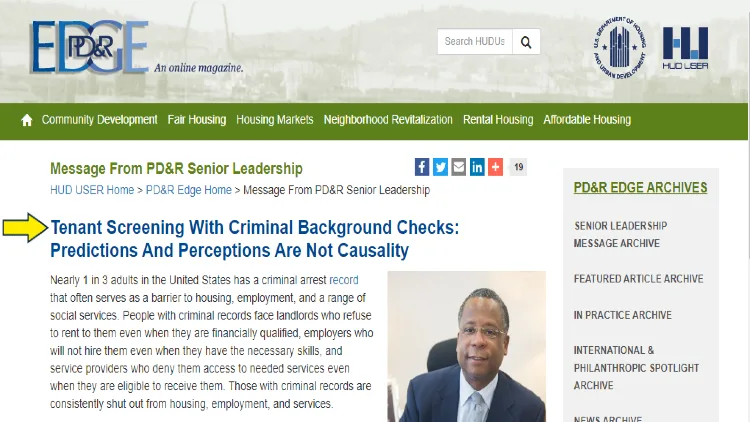
Most apartment complexes and large corporations perform tenant background checks in combination with a criminal background check, so if a lease violation is connected to a criminal charge, it will show up.
Credit history information is not public information so individuals will need to prove written consent and a social security number to the background check agency so that they can run the check.
The majority of individuals want to know what a background check reveals. One of the frequent queries they have in mind is, “How do I run a personal rental background verification?”
Performing a rental background check on yourself is extremely important and can be done online in just a matter of minutes. Individuals can use the search bar at the top of this page or an online service to perform the check.
Performing a check on yourself is the most reliable way to answer the question of Does a lease violation go on your record. Any civil court records will be included in most background checks
Those wondering: Does a temporary restraining order stay on your record will have little to worry about. Restraining orders are usually considered civil matters and will not appear on a criminal history record.
When it comes to how long does a trespassing charge stay on your record? The answer will depend on state law but in most states it will be on your record for at least 7 years and often far longer.
A domestic violence conviction will remain on an individual’s record for at least 7 years and usually longer.
Applying for apartments is stressful and exciting. Individuals wondering: Does a lease violation go on your record? Are asking the right questions to increase their chances of passing the background check.
Lease violations will only appear on an individual’s civil court records, not their criminal record.
The details about how long does a misdemeanor stay on your record varies by state. California is a 7-year state so most misdemeanor charges will stay on the individual record for 7-10 years at most.
In different states, various laws are imposed. You might be wondering how long does a DUI stay on your record. Arizona DUIs stay on the individual’s record for 5 years in most cases.
Evictions will not appear on an individuals criminal record but there will be a record with the civil courts.
One that interests many people is that does eviction show up on background check. Evictions will show up on a background check during the public records check and credit history check.
Those looking for felony approved apartments should reach out to landlords about their felon policy.
Drug crimes and violent crimes will disqualify most individuals from section 8 housing.
Individuals should focus their search on properties owned by private landlords instead of leasing companies.
Lease violation fees are fees imposed on tenants by landlords for violating lease agreements.
Very few apartments that don’t do background checks. Individuals will likely have the best luck with properties owned by individuals instead of leasing companies.
Tenant background checks include credit history, criminal history, and civil court records.
Shoplifting stays on your record for at least 7 years in most states and sometimes forever.
1Federal Trade Commission. (2021, May). Free Credit Reports. Consumer Advice. Retrieved October 20, 2022, from <https://consumer.ftc.gov/articles/free-credit-reports>
2Federal Trade Commission. (2022). Fair Credit Reporting Act. Legal Library. Retrieved October 21, 2022, from <https://www.ftc.gov/legal-library/browse/statutes/fair-credit-reporting-act>
3U.S. Department of Housing and Urban Development. (2022). Tenant Rights, Laws, and Protections. Housing and Urban Development. Retrieved October 21, 2022, from <https://www.hud.gov/states/colorado/renting/tenantrights>
4Legal Information Institute. (2022). Landlord-Tenant Law. Cornell Law School. Retrieved October 21, 2022, from <https://www.law.cornell.edu/wex/landlord-tenant_law>
5Department of Justice. (2022). Identity History Summary Checks. Federal Bureau of Investigation. Retrieved October 21, 2022, from <https://www.fbi.gov/how-we-can-help-you/need-an-fbi-service-or-more-information/identity-history-summary-checks>
We use cookies to ensure that we give you the best experience on our website. If you continue to use this site we will assume that you are happy with it